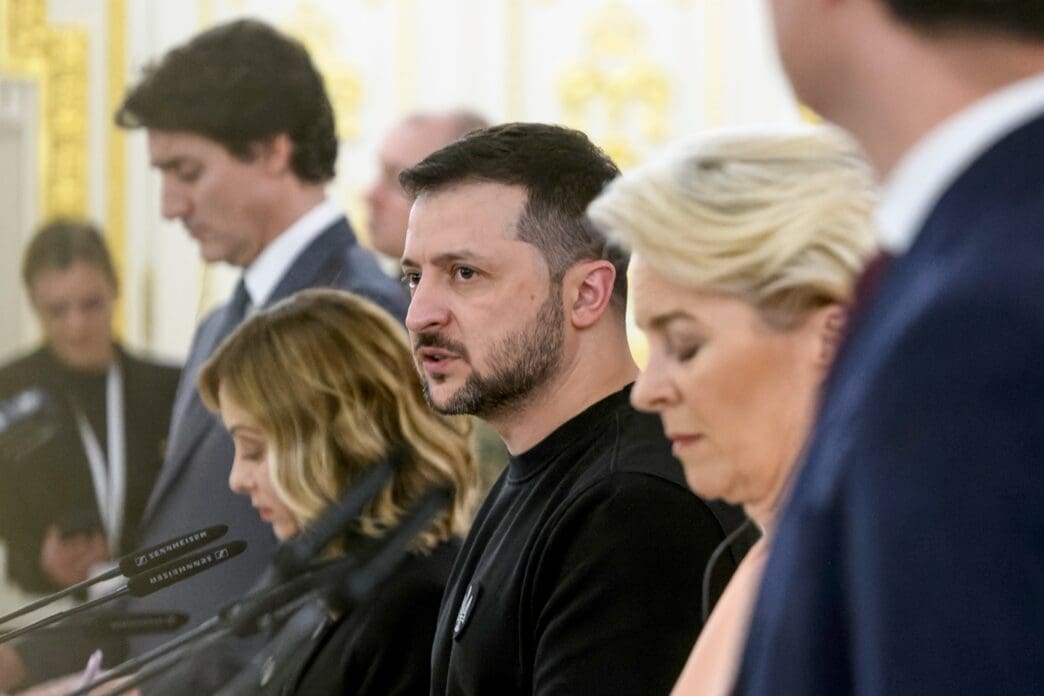Executive Summary
The Story So Far
Why This Matters
Who Thinks What?
EU leaders convened in Brussels on Thursday, October 23, and committed to addressing Ukraine’s financial requirements for 2026-2027, including military and defense expenditures. However, the leaders, with the exception of Hungary, refrained from explicitly endorsing a proposal to use frozen Russian assets to provide Kyiv with a substantial loan, following concerns raised by Belgium.
Ukraine’s Financial Needs and Russian Assets
The agreed text from the summit requests the European Commission to promptly present options for financial support, based on an assessment of Ukraine’s financing needs. It also states that, subject to EU law, Russia’s assets should remain immobilized until the country ceases its aggression against Ukraine and provides compensation for damages incurred.
Despite this, the leaders did not explicitly back the Commission’s proposal for a “reparation loan” of approximately 140 billion euros ($163 billion), which would be funded by these frozen assets. An earlier draft of the conclusions, which called for concrete proposals on the gradual use of cash balances from immobilised Russian assets, was removed from the final text.
Belgian Concerns Over Reparation Loan
The decision to hold off on the frozen assets plan was influenced by Belgian Prime Minister Bart De Wever. Belgium is the custodian of significant frozen Russian assets through the securities depository Euroclear. De Wever outlined three conditions for his country’s support, aiming to mitigate the risks Belgium would face.
De Wever demanded that all EU member states share the costs of any potential legal actions initiated by Russia. He also insisted on financial contributions from all members if the funds were ever required to be repaid. Furthermore, he advocated for the inclusion of Russian frozen assets held by other nations in any such scheme, emphasising the need for transparency regarding both risk and the legal basis for the decision.
Looking Ahead
The European Council’s commitment to Ukraine’s long-term financial stability remains firm, though the path to utilizing frozen Russian assets for a large-scale reparation loan is still under discussion. The Commission is now tasked with exploring various financial support options, while member states address the legal and financial complexities surrounding the use of Russian assets.








